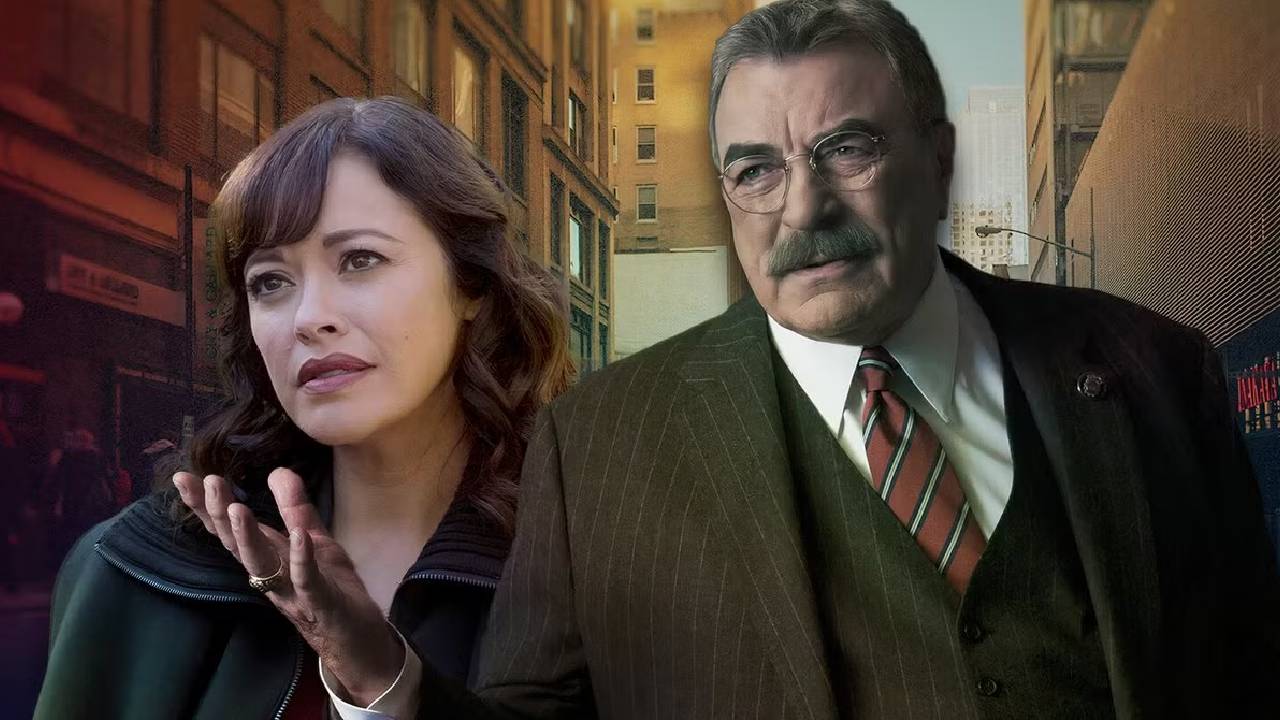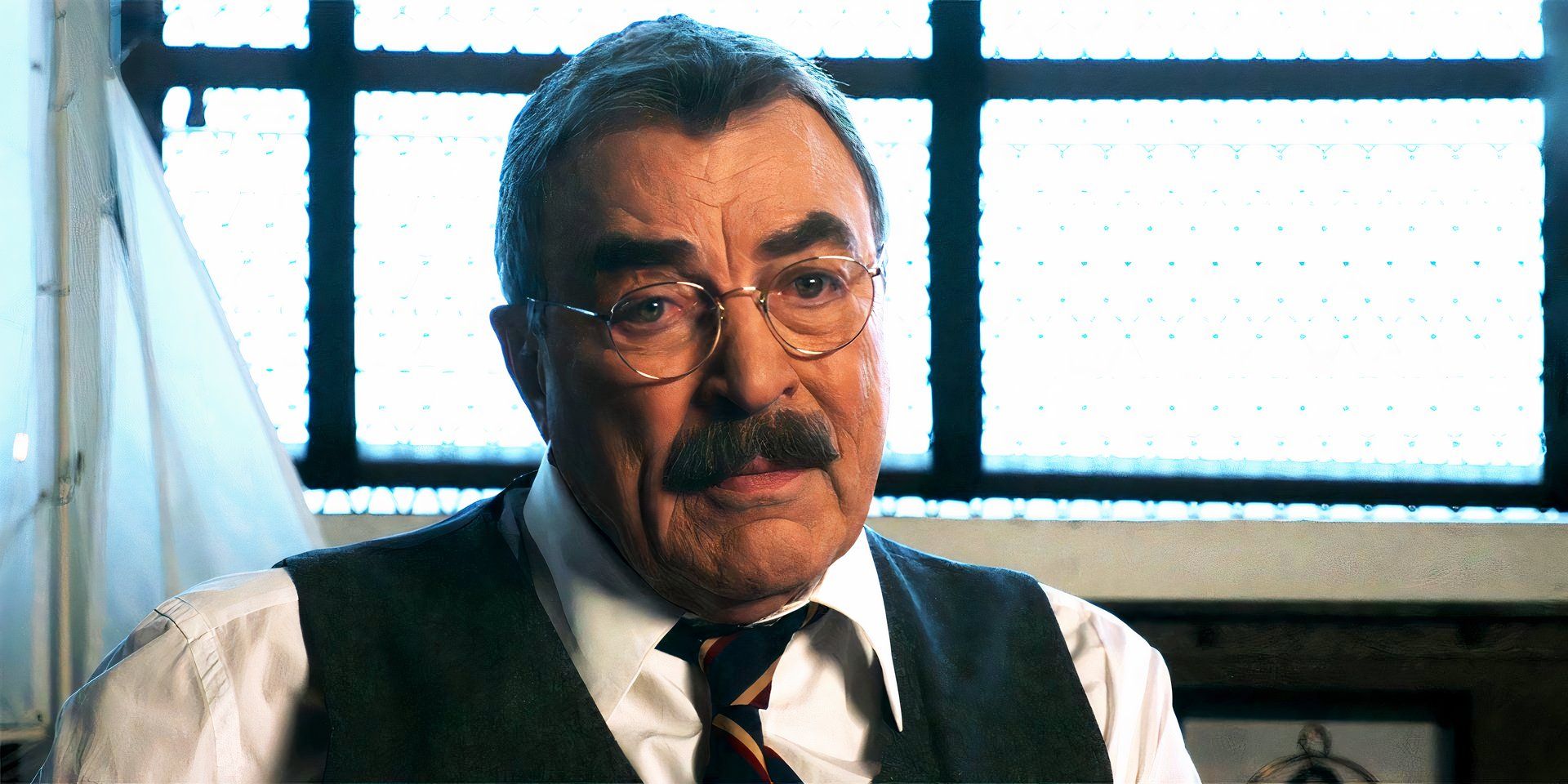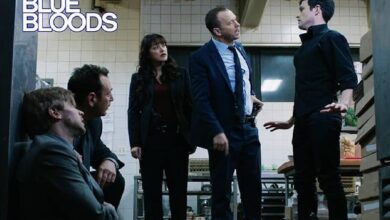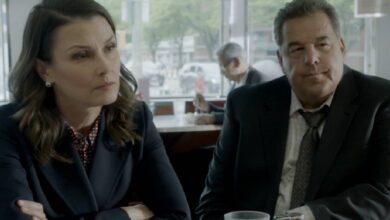Tom Selleck Bluntly Reacts To Frank Reagan’S Fate In Blue Bloods Series Finale
Blue Bloods star Tom Selleck candidly reacts to Frank’s fate in the show’s final episode. After a run of 14 seasons as the central character of Frank Reagan, Selleck and the rest of the cast have officially signed off from the long-running CBS procedural.
Despite how the Blue Bloods finale might have seen Frank walk away from his job, especially with how events play out, it ultimately goes in a different and arguably more emotional direction to provide a sense of closure.
In a post-finale interview with Variety, Selleck reflected on how Frank didn’t quit his job as the NYPD’s Commissioner.

Even though the Magnum P.I. legend acknowledges that Frank actually hated the job, especially the responsibility and the weight of it, he explains that Frank couldn’t quit because it was important for him to carry that responsibility with the grace that he tried to impart on his family despite his personal feelings. Selleck’s full quote is below:
I don’t know. I was never confronted with it. I think there’s a story there. I know that he hated the job. He hated the responsibility, the weight on the shoulders. He didn’t want it. He didn’t audition for it when it originally came up. So, it would have been interesting. He couldn’t quit. I think he would have to get himself fired. One thing he was blessed or cursed with was this hyperactive sense of responsibility that he tried to implant on everybody at that dinner table.
What Selleck’s Comments Reveal About Frank’s Fate
One Scene Clarified Frank’s Thoughts About The Job
The finale, fittingly titled “End of Tour,” is written by longtime executive producer Kevin Wade and Siobhan Byrne O’Connor.
Alex Zakrzewski directed the episode, which begins with the Mayor of New York getting shot as part of a larger plot by gang members. As he’s hospitalized, Mayor Peter Chase (Dylan Walsh) gives Frank the greenlight to completely spearhead the investigation into what happened.
Despite the severity of the situation, there’s actually a bit of levity in this development as Frank tries to figure out what he can and can’t do.
Considering the truth of what Selleck says, this final investigation might have concluded with Frank accepting that he doesn’t want to be a part of the job anymore.
The finale could have easily steered into the idea that Frank was dissuaded by what happened, choosing to embrace retirement and spending the time that he has left with his family. But in a single scene, Blue Bloods justifies taking a different path and leans on its history to do so.

One of the core scenes in the Blue Bloods series finale involves Frank talking to the imprisoned father of the gang member who shot Mayor Chase.
Played with wonderful stillness by Oscar nominee Edward James Olmos, the father is not sold on the idea of ratting out his son to the cops. It’s a difficult conversation that only begins to unfurl when Frank painfully shares his own experience. That is about the one thing that seems to get through to Olmos’ character.
It’s when Frank talks about losing his son to the police that the dynamic between prisoner and negotiator seems to shift. It’s not when Frank threatens to extend the father’s time behind bars.
It’s not even when Frank threatens the prisoner’s life. It’s when Frank confesses that his own son was killed by the police and how he would give everything to have his son alive, even if that meant he was behind bars.
He would visit him as often as he could, making the most of it, and it would have been better than dealing with the immense loss.
It is ultimately Frank’s sincere admission that helps close the case, leading to one last Reagan family dinner.
Reading through Selleck’s comments, it could be that the character realized in that moment that he could do a great deal in the job that others wouldn’t be able to, and that, on its own, is enough of a reason to keep going.







